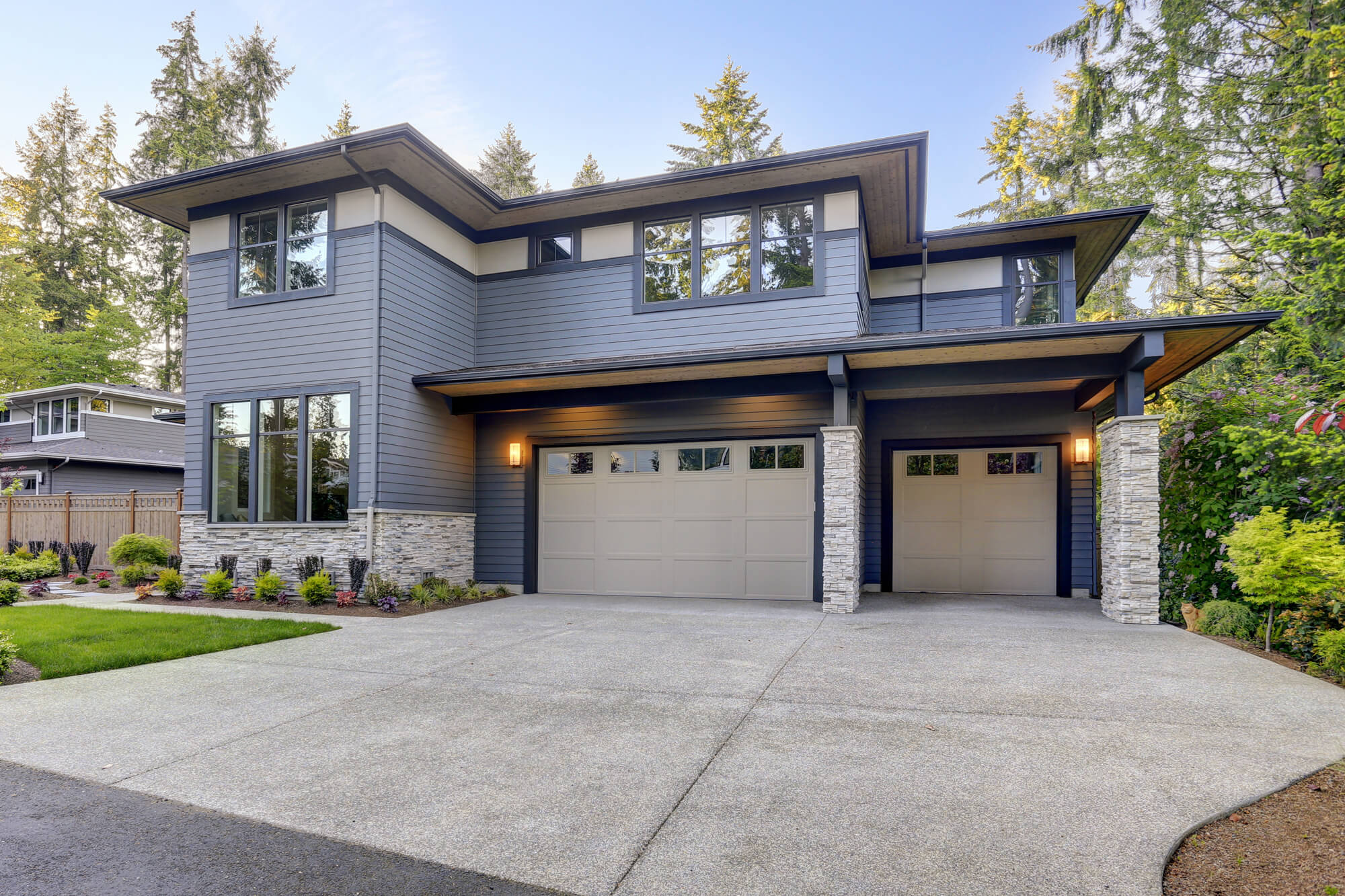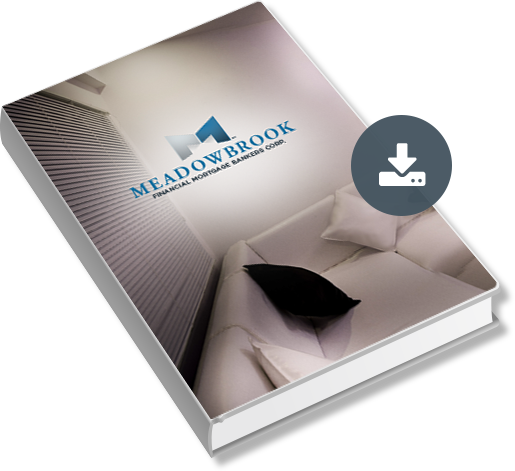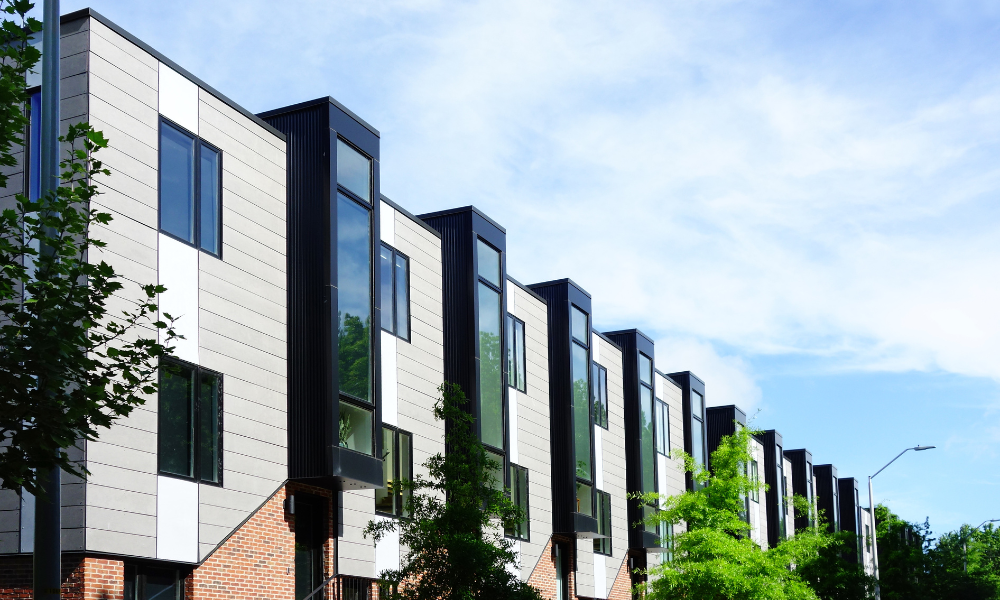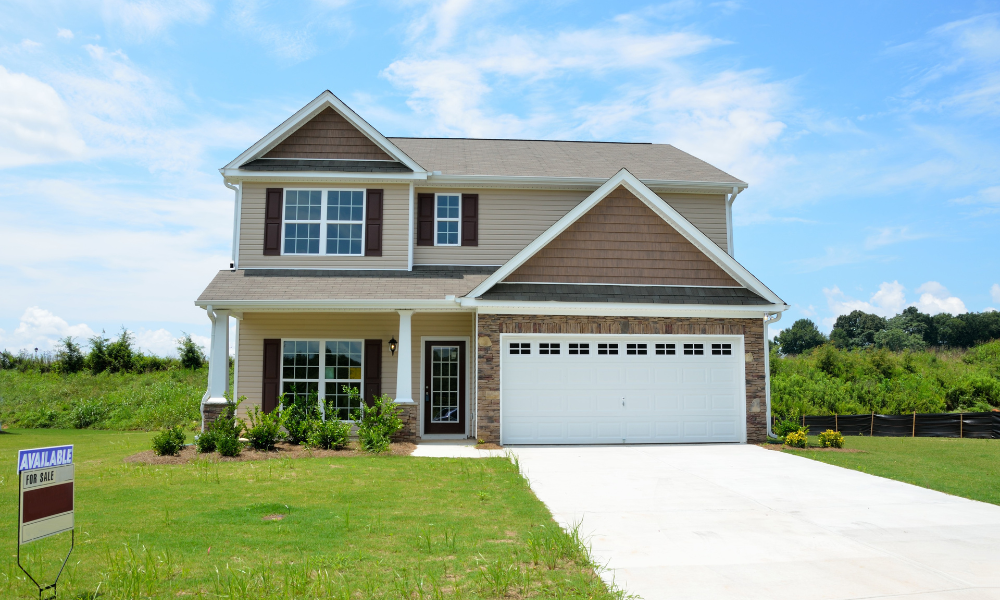Search Blog Posts by Blog Topic
All You Need to Know About Closing Costs
May 30, 2021
Once you’ve saved money for a down payment, narrowed down on a house you wish to buy, and received approval for a mortgage, having to deal with closing costs might catch you by surprise. This is because these closing costs can amount to be a tidy sum. No matter whether you wish to purchase a home or get your mortgage refinanced, you will need to pay closing costs.
How Closing Costs Work
Closing costs may vary depending on the state in which you reside, the type of mortgage you get, and your mortgage provider. Typically, on a home purchase, they range from 2% to 6% of a home’s selling price. For example, if you buy a house for $150,000, closing costs may vary between $3,000 and $9,000.
Closing costs are typically categorized into property-related fees and mortgage-related fees. While the former relate to expenses incurred by lenders in evaluating properties, the latter refer to costs involved in processing your mortgage application.
Closing Disclosures and Loan Estimates
The law requires lenders to provide Loan Estimates within three business days of receiving mortgage applications. In addition to other important information related to your mortgage, it also indicates estimated closing costs. While these are not exact numbers, they give you a fair indication of what you might expect to pay.
You should receive a Closing Disclosure form from your lender three days before the date of the actual closing. This includes the originally estimated costs as well as the final costs. If you notice a significant discrepancy between the two, consider contacting your real estate agent or lender sooner rather than later.

Disparity in Closing Costs Across the U.S.
Data released by ClosingCorp in March 2021 highlights how average closing costs for purchase mortgages in 2020 varied across the U.S.
- The national average closing costs for single-family properties stood at $6,087, including taxes (a 5.9% year-on-year increase); and $3,470, excluding taxes (a 3.9% year-on-year increase).
- District of Columbia was the state with the highest average closing costs, including taxes ($29,329), followed by Delaware ($17,727) and New York ($13,261).
- District of Columbia was the state with the highest average closing costs, excluding taxes ($6,250), followed by Hawaii ($5,599) and New York ($5,571).
- Counties with the highest average closing costs, including taxes are New York (NY), Kings (NY), District of Columbia, Queens (NY), and Bronx (NY).
- Counties with the highest average closing costs, excluding taxes are New York (NY), San Francisco (CA), Nassau (NY), San Mateo (NY), and Marin (CA).
Who is Responsible for Paying Closing Costs?
At the closing table, buyers, as well as sellers, have financial obligations to settle. Local and state rules tend to have a bearing on just how much they need to pay during closing. While a buyer is typically required to pay loan-related costs, a seller needs to pay commissions owed to real estate agents and other fees related to transferring title to the property.
In case you’re refinancing your existing mortgage, you alone are responsible for all closing costs. According to an official statement released by the Mortgage Bankers Association, people refinancing their Fannie Mae and Freddie Mac mortgages will now be burdened by a 0.5% adverse market fee.
Why You Need to Pay Closing Costs
Real estate transactions are not particularly straightforward and tend to involve multiple stakeholders. Various states across the country require more than basic home inspections where you hire inspectors on your own, and this hold true for some types of mortgages as well. In addition, you also need to pay for different services right from when you apply for a loan to its final closing.

Common Closing Costs
Below are some of the most common closing costs that will find mentioned in the Closing Disclosure form provided by your lender.
- Application fee. You might need to pay mortgage application fees depending on the lender you select. While some lenders require that you pay this fee when you apply for a mortgage, some others include it in closing costs.
- Appraisal fee. Typically paid by buyers, you might get a seller to pay this fee through negotiation. Often required by lenders, appraisals give them the ability to determine if the selling prices of homes are in line with the fair market values in the area. Average appraisal fees across the U.S. stand at $375to $450.
- Attorney fee. You or the seller might pay attorney fees for preparing, reviewing, and recording all official documents. Using the services of attorneys to handle real estate transactions is not a legal requirement in all states. Attorneys often charge by the hour.
- Courier fee. Typically fairly nominal, you might need to pay this fee if your lender has to send documents to you via courier.
- Credit report fee. Not all lenders charge this fee. Ones who do usually charge $15 to $30– the cost incurred in pulling your reports from the three main credit reporting bureaus.
- Escrow deposit. Depending on your lender, you might need to pay a deposit that covers two months of payments toward mortgage insurance and property tax.
- Flood determination and monitoring fee. You might need to pay this location-specific fee when your lender requires a certified flood inspector to establish if the home you wish to purchase is in a flood zone. This fee also covers ongoing inspection to monitor any change in a home’s flood status.
- HOA transfer fee. When you buy a townhouse, a condominium, or a home in a planned development, you will need to become a member of its homeowners’ association (HOA). Make sure the home is in good financial standing by checking the HOA’s records. You might need to pay an HOA transfer fee to cover for costs involved in transfer of ownership.
- Homeowners insurance. Several lenders require that buyers pay homeowners insurance premiums for the first year in advance, at the time of closing.
- Lender’s title insurance. This fee paid to title companies safeguards lenders in scenarios where initial title searches do not show existing liens or ownership disputes.
- Lead-based paint inspection fee. If you plan to purchase a home built prior to 1979, you might need to pay this fee to get a certified inspection. The national average cost for lead paint inspection stands at a little over $300.
- Loan origination fee. Not all lenders charge this fee. Ones who do, do so to cover administrative costs involved in processing your application. Ones who don’t tend to quote higher interest rates to cover those same costs. When charged, this is around 0.5% to 1% of the loan amount.
- Owner’s title insurance. This optional coverage safeguards you in case you end in an ownership dispute after your purchase. The cost of getting owner’s title insurance is around 0.5% to 1% of the purchase price.
- Pest inspection fee. Pest inspections are mandatory in some regions as well as with some government-backed mortgages. The average pest inspection fee is around $100. However, it may vary from $50 to $300.
- Private mortgage insurance (PMI). You need to pay for PMI if you end up putting less than 20% toward your down payment. Your lender might require that you pay the first month’s premium at closing.
- Property tax. Prepare to pay pro-rated property taxes that would apply from closing’s date to the end of the ongoing tax year.
- Rate lock fee. This fee, when charged by lenders, gives you the ability to lock an offered rate for a predetermined time period – which can be from preapproval to closing. Some lenders provide this service for free. Others may charge 0.25% to 0.5% of the loan amount.
- Recording fee. You might need to pay this fee to your city or county clerk’s recording office in order to officially process public land records. This may set you back by around $125.
- Survey fee. You will need to pay this fee if your purchase involves using the services of a surveying company. This is done to confirm the boundaries of a property. Survey fees usually range from $300 to $500. However, you might have to pay more if a property is very big or has an unusual perimeter.
- Title search fee. Title companies charge this fee to look for ownership discrepancies by going through public records. The process also verifies if the property has any outstanding liens. Title search fees vary between $200 and $400.
- Transfer tax. You might need to pay a transfer of title tax based on the region in which you purchase a property.
- Underwriting fee. Your lender will charge this fee to cover for costs incurred in the evaluation and approval of your application. This process involves verifying your employment and financial information. You might need to pay up to $800 as underwriting fees.
VA, USDA, and FHA Loans
If you get a United States Department of Veterans Affair (VA) loan, you need to pay a loan funding fee, which is a percentage of the amount you borrow. The fee varies depending on an applicant’s military service classification. This fee does not apply for some service members.
Getting a United States Department of Agriculture (USDA) loan requires that you pay an upfront guarantee fee of 1% of the loan amount. This is in addition to the 0.35% annual fee.
People who get Federal Housing Administration (FHA) loans need to pay an upfront mortgage insurance premium (UPMIP). It stands at 1.75% of the loan amount. You may pay this at closing to choose to roll it into your mortgage. An annual insurance premium of 0.45% to 1.05% also applies.
How Do Points Work?
Points refer to optional upfront payments that borrowers make to lenders with the aim of reducing their interest rates. One discount point amounts to 1% of the amount you borrow. When mortgage rates are low – as is currently the case – paying for discounts points might not be in your best interest.
Can You Avoid Paying Closing Costs?
If you plan to get a mortgage to purchase a home or to refinance an existing mortgage, you will have to pay closing costs of different types. However, while there is nothing you can do about costs surrounding paying taxes, you may try to lower some expenses during closing.
If you’re a first-time buyer, know that you negotiate with the seller to include closing costs into the sales price. Consider this – a seller wants $150,000 for a home, and the purchaser’s closing costs amount to around $5,000. By making an offer of $155,000, you can get a credit to cover the closing costs. This way, while the seller stills gets the money that is rightfully due, you get to lower out-of-pocket expenses at closing. As a buyer, you may even try to negotiate a credit on closing costs with your lender in lieu of a slightly higher interest rate.
Prospective homebuyers who are unable to afford closing costs may consider seeking homebuyer assistance through loan programs or grants provided by local and state government bodies as well as their employers.
Conclusion
Getting in touch with a lender and speaking with a loan officeris the first thing you should do when trying to determine all the costs you might incur when buying a home. That is one of the main reasons why most experts suggest getting preapproved before beginning your search for a home. Given that different factors go into determining how much you might need to pay as closing costs, you need to be as specific about your requirements as soon as possible with your mortgage provider.
It is fairly common for buyers to underestimate closing costs, which is why it is best to get an indication in advance. Doing so also helps you budget for these costs accordingly. While most buyers prepare themselves to account for the actual cost of their homes, many end up dipping into their savings to cover closing costs. Fortunately, reducing the overall cost of your mortgage, as well as its closing costs, is possible if you pay your cards right.
DISCLAIMER:
30-YEAR FIXED-RATE MORTGAGE: THE PAYMENT ON A $200,000 30-YEAR FIXED-RATE LOAN AT 3.875% AND 80%LOAN-TO-VALUE (LTV) IS $940.14 WITH 0 % POINTS DUE AT CLOSING. THE ANNUAL PERCENTAGE RATE (APR) IS 4.026%. PAYMENT DOES NOT INCLUDE TAXES AND INSURANCE PREMIUMS. THE ACTUAL PAYMENT AMOUNT WILL BE GREATER. SOME STATE AND COUNTY MAXIMUM LOAN AMOUNT RESTRICTIONS MAY APPLY.
Additional resources:
https://www.investopedia.com/terms/o/origination-fee.asp
https://www.zillow.com/mortgage-learning/when-to-lock-mortgage-rate/
https://wallethub.com/answers/hl/how-much-does-a-land-survey-cost-273/
https://www.investopedia.com/mortgage/mortgage-guide/closing-costs/
Ready To Get Started?
Fill out the form below and a mortgage professional will get back to you shortly.

First Time Homebuyer’s Guide
Considering homeownership but not sure where to begin? The Meadowbrook Financial Mortgage Bankers Corp. guide to home buying will make the process easy all in one packet.
Recent Articles

An In-Depth Condo Buying Guide
2 July, 2025One reason why many first-time homebuyers prefer condos over single-family homes is that they are typically more affordable and give them the means to start…

Should You Buy an Under-Construction, New Build, or…
18 June, 2025The dream of owning a home often comes with having to make an array of decisions, and perhaps none is more crucial than choosing the…

How Do Pets Influence Homebuying?
1 May, 2025Adding a furry friend to your family can bring so much joy to your life. Whether it’s a dog, cat, bunny, or other, they’re sure…


